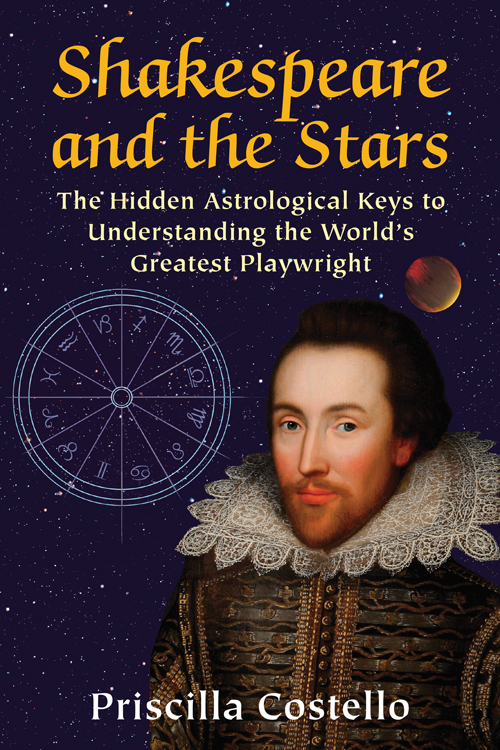Culture
Review: ‘Gods of the Vikings’ invade Disney World
|
LAKE BUENA VISTA, Fla. — Odin, Freya and Loki must be jealous. In the new “Gods of the Vikings” exhibit in the Norway Pavilion at Epcot in Disney World, it was the slightly larger-than-life bust of Thor – especially the Norse god’s hammer, Mjolnir – that was getting the most photo-opp attention during a visit by The Wild Hunt. People young and old, and speaking numerous foreign languages, clutched the imposing, 18-inch Mjolnir as friends or family took photos – perhaps an indication of how the Marvel Comics movie franchise has made Thor a rock star beyond the community of practicing Heathens and followers of Ásatrú. Five feet from the Thor bust, however, was another Mjolnir, one less than an inch and a half long: an authentic Thor’s hammer pendant, made circa 800-1000 A.D. The artifact is on loan to the exhibit from the Norwegian University of Science and Technology in Trondheim, Norway.

